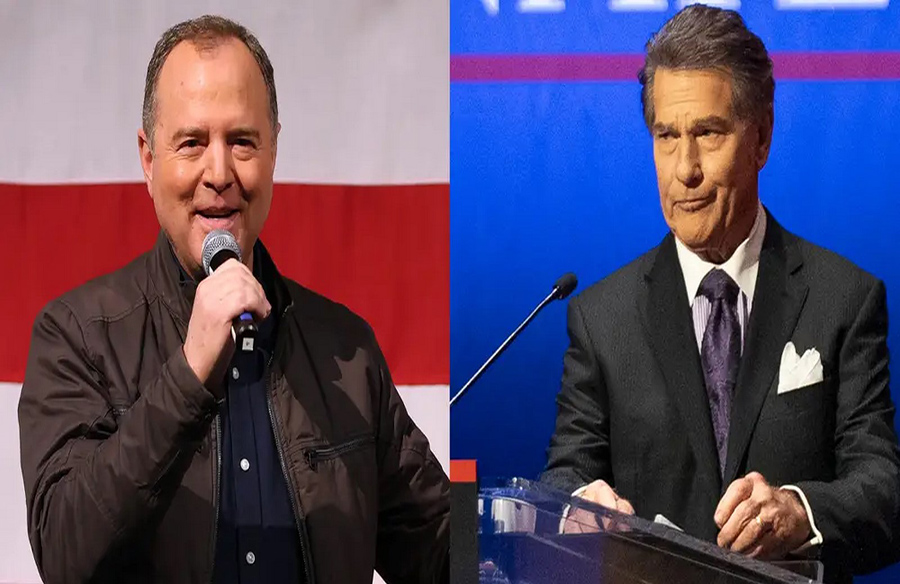
Democratic Representative Adam Schiff has emerged victorious in California’s Senate primary, securing the top spot and positioning himself for the next phase of his political career. Despite Schiff’s win, the real headline revolves around his strategic maneuvering, particularly his efforts to boost Republican candidate Steve Garvey, a former Los Angeles Dodgers legend, in the race.
Schiff’s Calculated Move
Utilizing his prominence as one of former President Donald Trump’s staunchest adversaries, Schiff amassed a formidable war chest of $32 million, enabling him to allocate substantial resources to elevate Garvey’s profile in the primary race. Schiff strategically portrayed Garvey as a Trump conservative, aiming to block fellow Democrat Katie Porter from advancing to the general election.
Success of the Strategy
Schiff’s gamble paid off as Garvey secured the second spot in the primary, effectively edging out Porter. Under California’s “jungle primary” system, where the top two candidates advance regardless of party affiliation, Schiff’s strategy effectively closed the door on Porter’s Senate aspirations.
Criticisms and Implications
Porter and her allies criticized Schiff’s tactics, arguing that elevating Garvey only served to bolster the GOP’s position in the race. However, some Democrats acknowledge that avoiding an intraparty showdown in California allows the party to conserve resources for critical battlegrounds, especially in defending their slim Senate majority.
Schiff’s Political Journey
Schiff gained national prominence during the Trump administration as the leading Democrat on the House Intelligence Committee. His pivotal role in Trump’s first impeachment trial solidified his reputation as a fierce opponent of the former president. Endorsements from influential figures like House Speaker Nancy Pelosi and former Majority Whip James Clyburn underscore Schiff’s standing within the Democratic establishment.
Garvey’s Role and Ambiguity
While Garvey’s presence on the ballot poses a challenge to Democrats in California, given the state’s progressive leanings, his stance on key issues remains ambiguous. Despite his World Series accolades and All-Star pedigree, Garvey’s absence from the campaign trail raises questions about his readiness for the rigors of political office.
In conclusion, Adam Schiff’s strategic maneuvering in the California Senate race demonstrates the intricate dynamics of electoral politics. By leveraging his resources and influence, Schiff effectively shaped the primary outcome, setting the stage for a contentious general election showdown. As the race intensifies, Schiff’s victory underscores the enduring impact of calculated political strategy in shaping the future landscape of American politics.




Leave a Reply